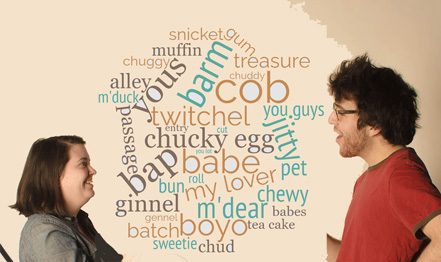
British dialects
At the time of WW2 there were at least 50 distinct British dialects, some with derived names such as Cockney, Brummie, Scouse, Smoggie, Janner and Geordie. A dialect denotes the pronunciation (accent), vocabulary (slang) and some aspects of grammar used in speech in a particular area, while standard English is generally adhered to in writing, unless an author is including true-to-life dialogue in a novel.
Today, with social mobility and the advent of radio and television channels with nationwide coverage, the differences have been softened and the language has evolved, resulting in broader groups of dialects. Nevertheless, there remains a whole host of niche dialects, some belonging to specific cities, such as Sunderland, or “Mackem-land”, as the young man in this video refers to it. You may need to watch it a few times to catch every word he says!
Professor Harold Orton (1898-1975) from Co.Durham was a dialectologist who realised that some dialects were melting away or changing over time. While at the University of Leeds he conducted an extraordinary 11-year survey of 313 localities, which he published in 1962-72 in 12 volumes. It was the major work of his entire career and is a unique historical record.
(Image [word cloud added]: Ananian at Wikimedia Commons / CC BY-SA 3.0)
